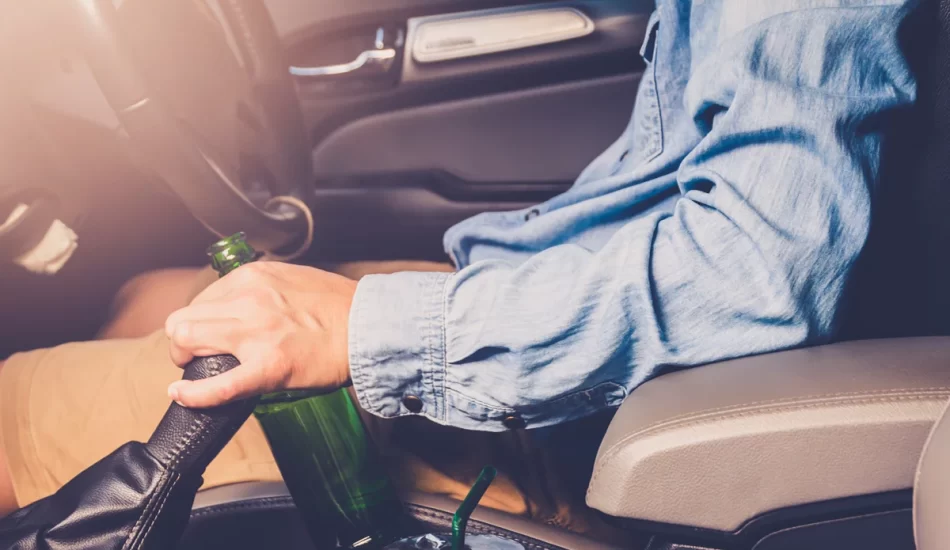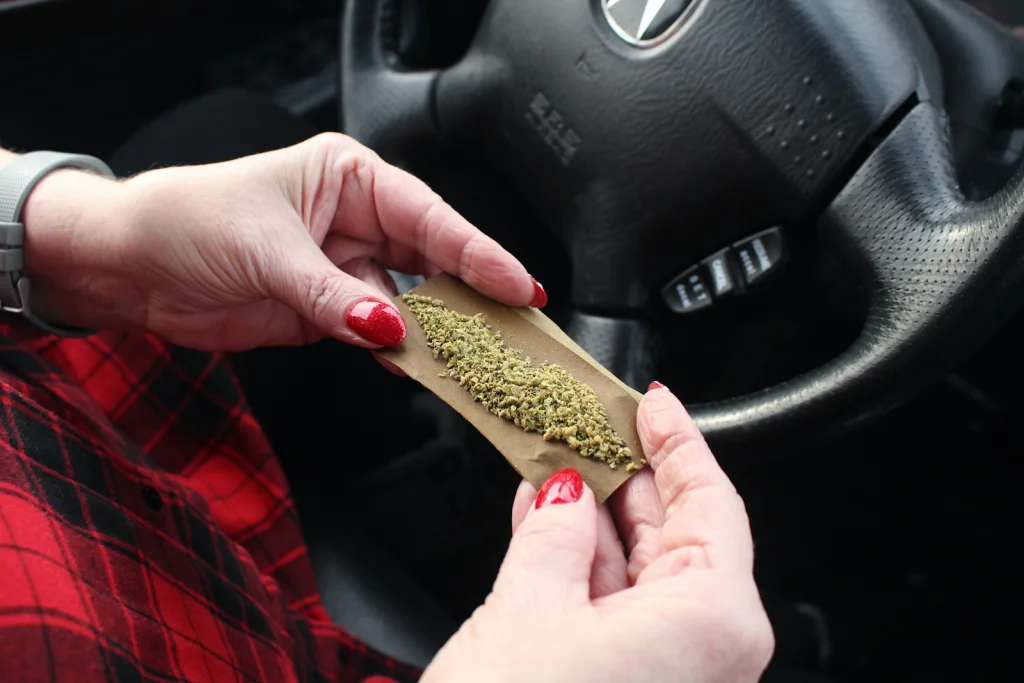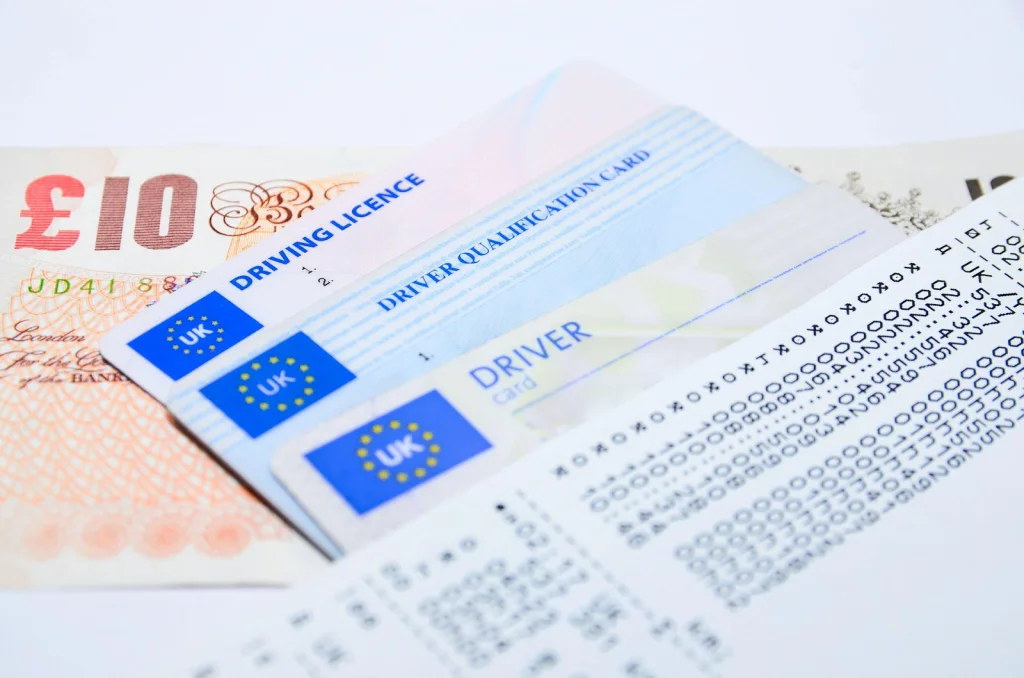What Is The Difference Between DUI And DWI Violations?

DUI refers to driving a motor vehicle while under the influence of alcohol. DWI stands for driving while impaired by a prescribed or illegal substance. Both terms are used interchangeably in some states to describe a situation where an individual operates a vehicle under the influence of substances.
They say there are many ways to skin a cat, and in California, there are many ways to get charged for driving under the influence, including drunk driving, prescription or illicit drug driving, and other forms of DUI. So how can you tell the difference between a DUI and DWI charge? Do they carry the same penalties, or is one more severe than the other?
This article will unpack the differences between a DUI or DWI offense and look into the regulatory framework outlined by California’s driving under the influence laws. We’ll also talk about where you can find help if you need it.
Defining DUI and DWI Violations
A DUI charge and a DWI charge describe slightly different legal concepts, and many states across the US define them as a separate impaired driving classifications. In fact, there are several terminologies used in America that detail driving a motor vehicle while impaired, such as:
- DUI: Driving Under the Influence
- DWI: Driving While Intoxicated
- OWI: Operating While Intoxicated
- OWPD: Operating With the Presence of Drugs
- OWVI: Operating While Visible Impaired

In California, DUI is effectively the same thing as DWI. The two terms are used synonymously, though DUI is more common to describe all types of substance-impaired driving. Therefore, in California, anyone arrested for DUI may be charged for driving with a blood-alcohol level that exceeds the legal limit or is otherwise compromised by alcohol, prescription drugs, or illicit substances.
Why Are There Multiple Terms?
In the California Vehicle Code Section 23152-23229.1, neither DUI nor DWI is mentioned. In other states, the law stipulates the slight difference between the two, which would entail providing proof that the driver is impaired whether or not they are over the legal limit.
In these states, DWI is a more serious offense and carries heavier penalties because proving that a driver is impaired when driving is more challenging than simply proving they have alcohol in their system. Most states, including California, have moved away from this system.
If you have been arrested for DUI or any other drunk driving charge, it’s necessary to speak with a competent local DUI defense lawyer as soon as possible. Louis J. Goodman is a criminal defense attorney with a proven track record of creating reliable defense strategies for those charged. Contact him today to start building a strong testimony for your case.
What does “Impaired” Actually Mean?
Impairment is a term used to describe a state in which the mind or body is affected as a result of ingesting or using a substance. When somebody is substance-impaired, their judgment and physical or mental reactions become compromised.
Alcohol and illegal substances undermine an individual’s ability to safely operate a vehicle, no matter how good at driving they usually are. When a person uses a substance that causes them to feel relaxed or drowsy, they are impaired. By the time an individual is intoxicated, they are already extremely impaired. Some prescription drugs have side effects that may affect your alertness and reaction time, which is why these substances – while legal – also fall into the same category when you’re on the roads.
How Do Authorities Test For Driver Impairment?
Law enforcement authorities employ several methods to test whether a driver is impaired by substances or alcohol. Typically a field sobriety test will be followed by a breathalyzer test and a blood or urine test if required.
Field Sobriety Test

A police officer may observe strange behavior on the roads, such as weaving in and out of lanes, hesitating to advance on a green light, running a red light, driving very slowly, or exceeding the speed limit. When they pull an individual over, they will take notes on physical signs of impairment, such as bloodshot eyes, slurred speech, or dilated pupils. They will also notice any questionable behavior from the driver.
If the officer believes you are impaired, they may ask you to perform a series of field sobriety tests (FSTs) to check the accuracy of your mental and physical responses. These tests may include:
- Walking heel-to-toe in a straight line, then turning around and coming back
- Following an object with your eyes while keeping your head still
- Standing on one leg with your arms at your sides
Whether or not you pass the field sobriety tests is at the law enforcement officer’s discretion.
Breathalyzer Test
If the officer believes you are impaired based on your performance in the FSTs, they will ask you to do a breath alcohol test. Here, you will be required to blow into a tube that measures the degree of alcohol in your blood.
These tests are not always completely accurate, however, they do offer a reliable indication of whether or not you are likely to be over the legal blood alcohol limit. Drugs and substances do not show up on these tests, so if the officer believes there is a reason for further doubt, they may take you down to the station to perform a blood or urine chemical test.
Chemical Test
Chemical tests usually get taken at the police station or a hospital. They use a blood or urine sample to determine an accurate reading of your blood alcohol concentration (BAC) or any substances present in your system.
California’s Implied Consent Law
California, like many other states, imposes an implied consent law. When you receive your California driver’s license, you sign a document agreeing to a breath or blood test to determine your blood alcohol content if you become lawfully arrested under suspicion of DUI.
This means that you are legally allowed to refuse a breath test before being arrested. However, you are legally obliged to comply with testing after being detained according to drink driving laws. You may get an immediate license suspension and incur additional fines and penalties if you refuse to take a test.
Moreover, a prosecutor may also use your refusal to test against you in court. If you have already been convicted of a DUI and refuse to take a test, you may receive sentencing to jail time.
Legal Blood Alcohol Content Levels in California
The legal BAC limits for drivers vary in each state. California state’s legal limit prohibits drivers from operating a motor vehicle with the following blood alcohol content levels
- 0.08% for those aged 21 years and over
- 0.01% for those under 21 years old
- 0.01% if the individual is currently on DUI probation
- 0.04% if the individual is driving a vehicle that requires a commercial driver’s license (CDL)
- 0.04% if there is a commercial passenger in the car when the offense takes place
Can I Be Charged With DUI if I am Under the Legal Limit?
Yes. Even when the driver’s BAC is below the legal limit, they can be found guilty of impaired driving if they cannot operate the vehicle as a sober person would under similar conditions.
This is because alcohol affects every individual differently. Those who are more vulnerable to the effects of alcohol or prescription drugs should take their limits into account before choosing to operate a vehicle. Drivers are uniquely responsible for deciding whether or not they can safely drive.
Does DUI or DWI Carry More Severe Penalties?
In states where the difference between DUI and DWI violations is expressed in the local driving laws, DWI usually carries a more severe penalty. This is because, to arrest somebody for driving under the influence, an officer must have reasonable suspicion.
For instance, it may be more challenging for an officer to prove that a driver is impaired when under the legal limit (even if they are impaired) than proving that a driver’s BAC exceeds the state’s limits.
DUI Charges in California

DUI violations are typically charged as a misdemeanor in California. However, in the presence of aggravating factors, they may come with increased severity of penalties or even be charged as a felony. Aggravating factors include:
- Having three or more DUI convictions in the past ten years
- Causing serious corporal injury or death to another person as a result of driving under the influence
- Any previous felony DUI convictions
- BAC levels that exceed 0.15%
- Driving under the influence with a minor in the vehicle
What are the Drunk Driving Penalties In California?
If you are convicted of a DUI, the penalties will depend on whether it’s your first, second, third, or a subsequent conviction. You may be sentenced to some or all of the following penalties:
Fines
The amount you are fined for a drunk driving offense sometimes depends on how many prior DUI convictions you have had previously. If you have caused injury, death, or damage to property while driving under the influence, you may be responsible for paying victim restitution and property repairs too.
Jail Time
It’s common for DUI offenders to receive jail time or jail alternatives in California. If you are charged with a felony, you could be sentenced to state prison.
Probation
Probation is a non-prison sentencing option that offenders usually receive for a DUI. The judge will determine your probation sentence and terms, though for misdemeanor offenses it is usually between three and five years.
When on probation, you are required to show up in court if summoned, obey all laws, and keep your contact details current with the Probation Department. The courts may rule on further requirements for your probation.
License Suspension

If you are arrested for DUI, the police officer will confiscate your driver’s license and issue a temporary driving permit, active for the 30 days following your arrest. You, or your attorney, must contact DMV within 10 days of the date of the stop to request a hearing.
Ignition Interlock Device (IID)
If you get prosecuted with DUI, you will be required to get an ignition interlock device installed in your car. You must blow into the device before you can start the ignition of your car, and if you have consumed alcohol before driving, the engine will not start.
The amount of time you must have an IID in your vehicle varies from 6 months to 3 years, depending on whether it’s your first or subsequent offense.
Alcohol Treatment or Driving Education
It’s common for DUI and DWI offenders to be ordered to attend drunk driving education courses or to attend rehabilitation if a habitual issue is identified. These courses offer defensive driving education and encourage drivers to respect the local impaired driving laws.
Alternatively, treatment can provide valuable help for those who may have an alcohol or substance abuse issue.
Additional Consequences
A DUI and DWI charge can impact your life in many ways. In some cases, if a DUI offense occurs it can become challenging for a parent to gain custody of their children. Your right to own a firearm will likely be revoked for both misdemeanor and felony offenses in California.
Driving convictions are registered on your Department of Motor Vehicle records, so when it comes time to renew your car insurance rates, your insurance company will increase premiums. Future employment may also become jeopardized if you have a criminal record.
Reducing DUI Charges
If you have the help of a good criminal defense lawyer, they can help you to negotiate a plea bargain and get your DUI charge reduced to a wet reckless driving charge. The term is called “wet” because it involves the use of alcohol.
Reckless driving is a serious offense, although the penalties and overall consequences are less severe than those attached to a DUI conviction. Here are some of the advantages that come with a DUI conviction that gets reduced to reckless driving:
- Lowered fines
- Reduced county jail time
- Reduced probation period
- Less time in DUI school
- No mandatory suspension of driving permit
How Can I Get a DUI Charged Reduced?
If you want to get your DUI charge reduced, you’ll need to get in touch with a competent local lawyer to form a defense strategy and fight for your rights in court. Louis J. Goodman is a diligent and competent California criminal defense attorney with over 30 years of experience working with DUI cases.
While the difference between a DUI and DWI is not prescribed in California law, the implications of a DUI conviction are severe and ongoing. If you are facing a charge in California, contact Louis J. Goodman for a free consultation as early as possible to secure your best chance at forming a reliable DUI defense, and protect your future.
Request A Free Case Evaluation
Fields marked with an * are required
"*" indicates required fields



